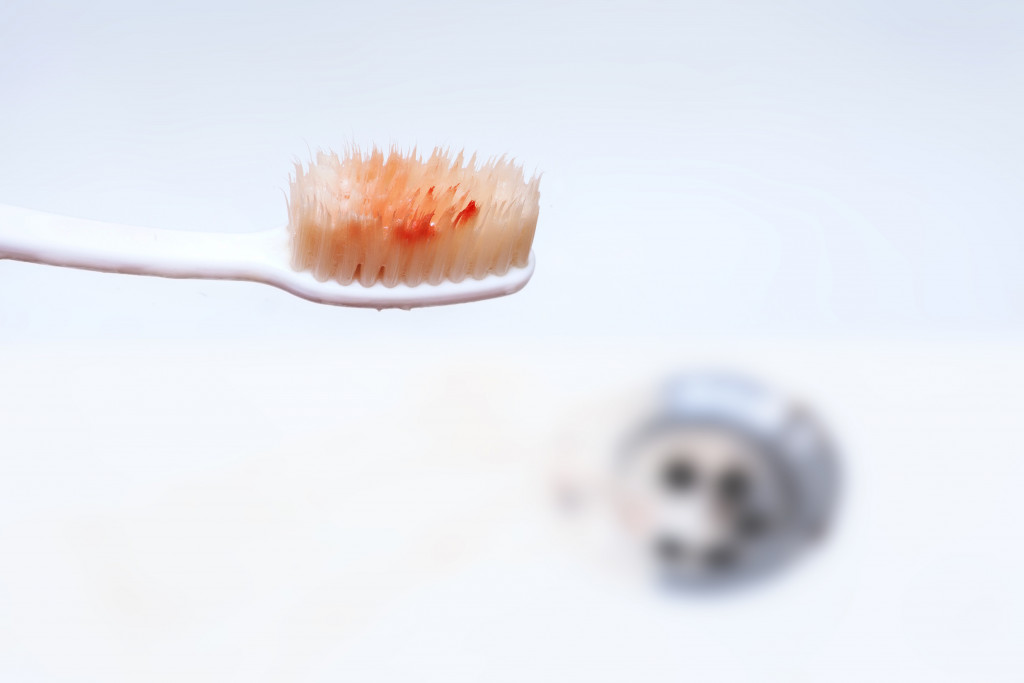Best Tips for Dealing With Gum Disease

Gum disease, or periodontal disease, is a common condition affecting millions of people worldwide. It is an infection of the gums caused by bacteria that can lead to swollen and inflamed gums, receding gums, and tooth loss. Fortunately, there are several steps you can take to effectively manage gum disease and reduce your risk of developing severe complications.
1. Regular Dental Visits
The best way to effectively manage gum disease is to visit the dentist regularly for checkups. During these visits, the dentist will be able to assess the health of your gums and teeth and provide treatment as needed. The earlier gum disease is detected, the easier it will be to treat it and prevent further damage from occurring.
If you already have the condition, your dentist can also help you develop a treatment plan tailored to your specific needs. For example, gum disease may cause you to lose teeth. To repair the damage, your dentist may recommend dental implant procedures to replace the missing teeth. This will help restore the function and aesthetics of your smile.
2. Good Oral Hygiene Practices
Good oral hygiene practices are essential in managing gum disease. Brush your teeth at least twice daily with a soft-bristled toothbrush and fluoride toothpaste. Additionally, floss daily using an interdental brush or dental tape. This will help remove plaque and bacteria between your teeth that can cause inflammation and infection in your gums.
Oral hygiene also includes regular tongue cleaning to remove bacteria and food particles on the surface of your tongue. If you wear dentures or other removable dental appliances, clean them as well. This will help prevent bacteria buildup and infection. You can also use a toothbrush and antiseptic mouthwash to clean your dentures daily. Use a special orthodontic brush to clean around the brackets and wires if you have braces.

3. Quit Smoking
Smoking increases your risk for gum disease by weakening your immune system, making it harder for your body to fight off infections such as periodontal disease. If you’re a smoker, quitting is one of the best ways to reduce your risk of developing gum disease or other serious smoking-related complications such as lung cancer or heart attack.
You can talk to your dentist about smoking cessation methods that may be effective for you. They may recommend nicotine replacement therapy, prescription medications, or other methods to help you quit. You can combine these treatments with lifestyle changes such as increased physical activity, healthy eating habits, and stress management to help you quit for good.
4. Healthy Diet
A healthy diet is important for maintaining overall health—including oral health—so make sure you eat plenty of fruits and vegetables daily and lean proteins like fish and eggs. Avoid sugary foods and drinks, which can increase your risk for cavities and gum disease due to their acidic nature, which can wear away at enamel if left unchecked.
If you have a medical condition such as diabetes, managing your blood sugar levels and following a healthy diet is especially important. Doing so can help reduce inflammation in your gums, which is often linked to diabetes. You can also talk to your doctor to help manage your diabetes. This can help you reduce your risk of gum disease and improve your overall health.
5. Stress Management
Gum disease has been linked to stress and anxiety, so it is essential to find healthy ways to manage stress levels. Exercise regularly, practice mindfulness or meditation, and take time for yourself to relax and unwind. Additionally, try to get at least 7-9 hours of sleep each night, as this can help reduce inflammation and stress levels.
If you are having trouble managing your stress, talk to your doctor. They may recommend therapies like cognitive behavioral therapy that can help you learn healthy ways to cope with stress and anxiety. Don’t be afraid to reach out for help if you need it. You can also join a support group to connect with other people going through similar struggles. They may be able to provide insight or encouragement that can help you manage stress in a healthy way.
Gum disease can have serious consequences if left untreated, so it’s important to take proactive steps toward preventing it from progressing into something more severe. By visiting the dentist regularly, practicing good oral hygiene habits, quitting smoking if applicable, and eating a healthy diet rich in fruits and vegetables, you can help manage gum disease effectively so that it doesn’t become a bigger problem down the line. With these tips in mind, you’ll have a better chance of keeping your mouth healthy now and in the future!




